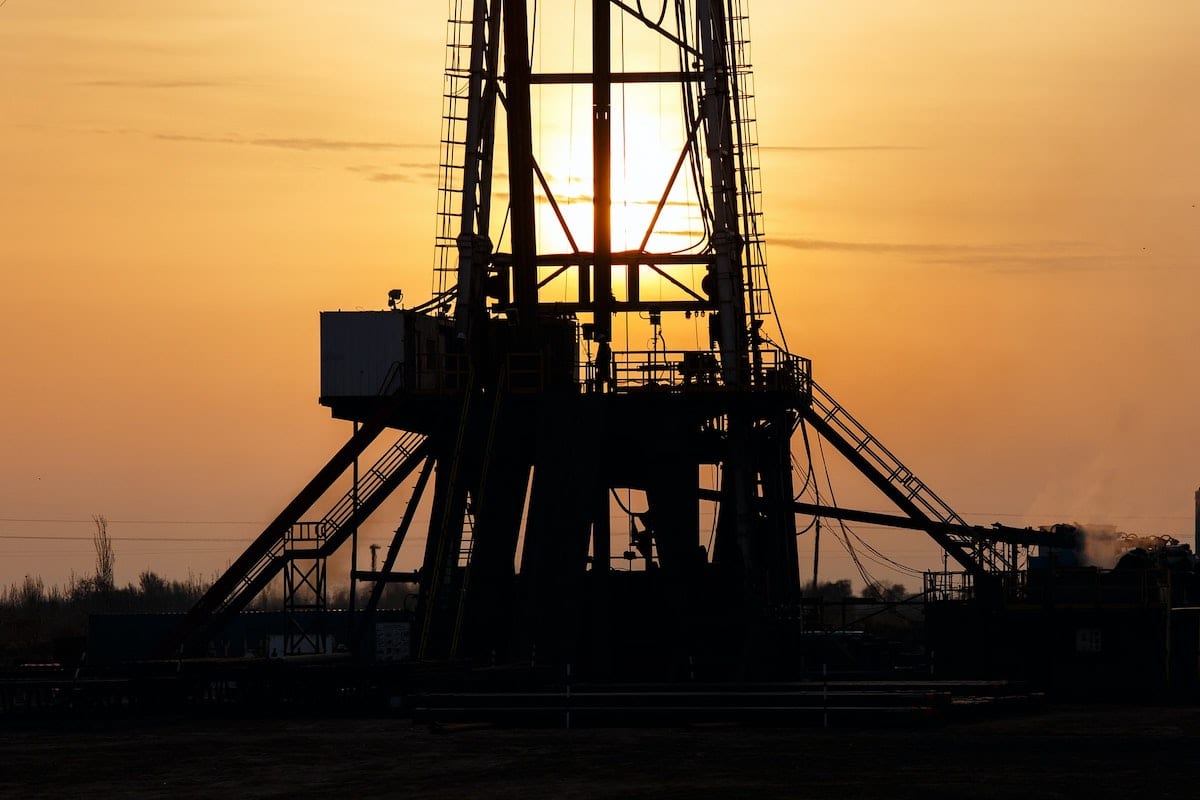The covid-19 pandemic failed to reduce carbon dioxide emissions. According to the World Meteorological Organization, global carbon emissions continue to increase. Perhaps one of the reasons is that most of the world’s electricity still comes from fossil fuels. And fossil fuel exploration and extraction continues despite the pandemic.
Fossil fuels are the main cause of climate change. Coal, oil, and gas comprise nearly 80 percent of all carbon dioxide emissions since the industrial revolution. The world is on track to produce more than twice as many fossil fuels by 2030 than is consistent with limiting the rise in global temperature to below 1.5 degrees Celsius. The world’s fossil fuel reserves contain enough carbon to push the world beyond the 1.5C goal.
Phasing-out existing stockpiles and the production of fossil fuels is in line with the 1.5C goal. The Fossil Fuel Non-Proliferation Treaty calls for the phasing out of both stockpiles and production. A treaty would put the supply-side of fossil fuels in center focus by creating an international agreement to deal with greenhouse gas emissions at source. A treaty would help keep large amounts of fossil fuels in the ground.
Why a treaty is necessary
The latest UN Environment Program report on the emissions gap found that nationally determined contributions of emissions imply a temperature rise of three degrees Celsius by 2100. If the emissions gas is not closed by 2030, the goal of staying below two degrees Celsius is out of reach. The Intergovernmental Panel on Climate Change’s (IPCC) latest findings calls for a reduction of carbon emissions by 45 percent by 2030 and for investments in fossil fuel extraction and power generation to decrease by up to $.85 trillion by 2050.
The global demand for oil, gas, and coal is growing. Fossil fuels comprise 81 percent of energy use, according to the International Energy Agency. Fossil fuel use will increase for decades, the IEA projects. However, to keep warming below two degrees Celsius, 80 percent of fossil fuel reserves should not be burned, according to a report by Carbon Tracker.
Some countries have policies in place to phase out fossil fuels
Although international treaties neglect supply-side solutions, countries are moving to keep fossil fuels in the ground. New Zealand, France, Belize, and Costa Rica have moratoriums on oil exploration in place. France, Germany, Ireland, Wales, Scotland, and Uruguay have moratoriums on hydraulic fracturing (fracking). The UK, Spain, and China have set timetables for phasing out existing fossil fuels. Several other countries committed to divesting from fossil fuels. Norway’s sovereign wealth fund divested from coal stocks. Ireland’s Parliament voted to require its sovereign wealth fund to divest from fossil fuel stocks.
The Powering Past Coal Alliance launched in November 2017 as a coalition of national and sub-national governments, businesses, and organizations to advance the transition from coal to clean energy. Over 25 nations are part of the Alliance. These nations have pledged to phase out coal-fired power generation. To be a member of the Alliance, nations must make public declarations they will not build new, unabated coal-fired power stations and will phase out existing ones.
Phasing out subsidies
Fossil fuel subsidies occur in all stages of fossil fuel production. The Production Gap report by the UNEP looked at production plans in 10 key countries. Seven of the countries (China, the United States, Russia, India, Australia, Indonesia, and Canada) are top fossil fuel producers. Three are significant producers with strong climate goals (Germany, Norway, and the UK). What the report found out is that the production of fossil fuels in nearly every national plan exceeds the 2030 levels projected by the IEA. Subsidy reform is a tool governments can use to help make their fossil fuel plans line up with climate goals.
The will to act
The world is already experiencing climate change impacts. The 2020 hurricane season so far has had 30 named tropical storms and forced forecasters to use the Greek letters of the alphabet. That breaks the record set in 2005 when there were 28 named storms. Hurricanes are not the only climate change impacts this year. California has experienced a record number of devastating wildfires, with 4.1 million acres and counting burned in 2020.
Do countries have the will to act to keep fossil fuels in the ground so the world can keep warming to the 1.5C goal? Only time will tell.
Photo by WORKSITE Ltd. on Unsplash



One Reply to “The Move to Keep Fossil Fuels In the Ground”